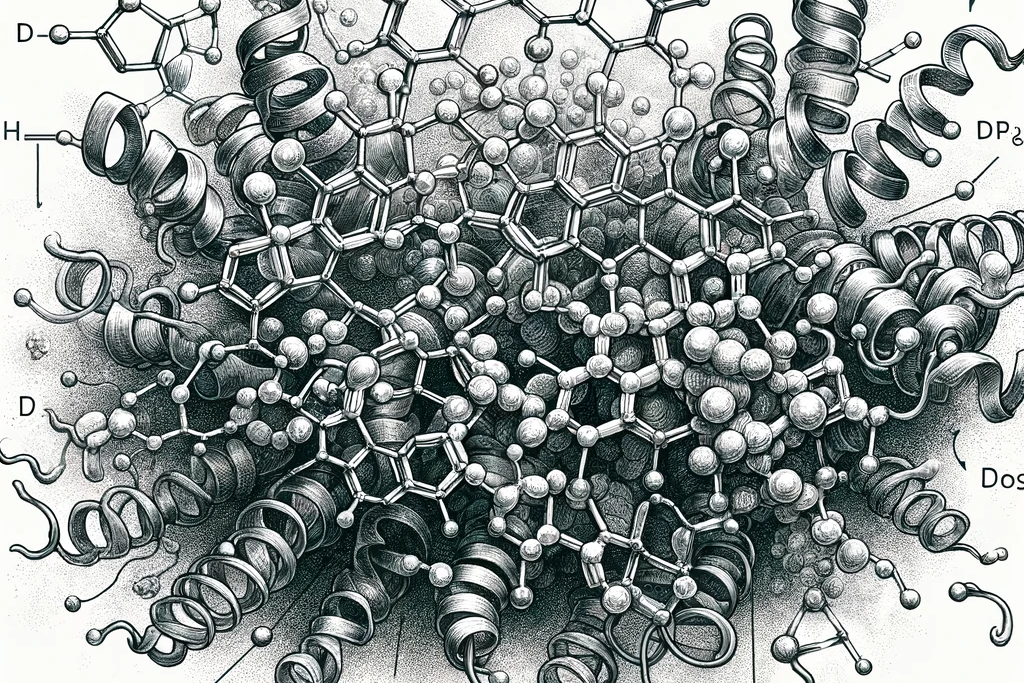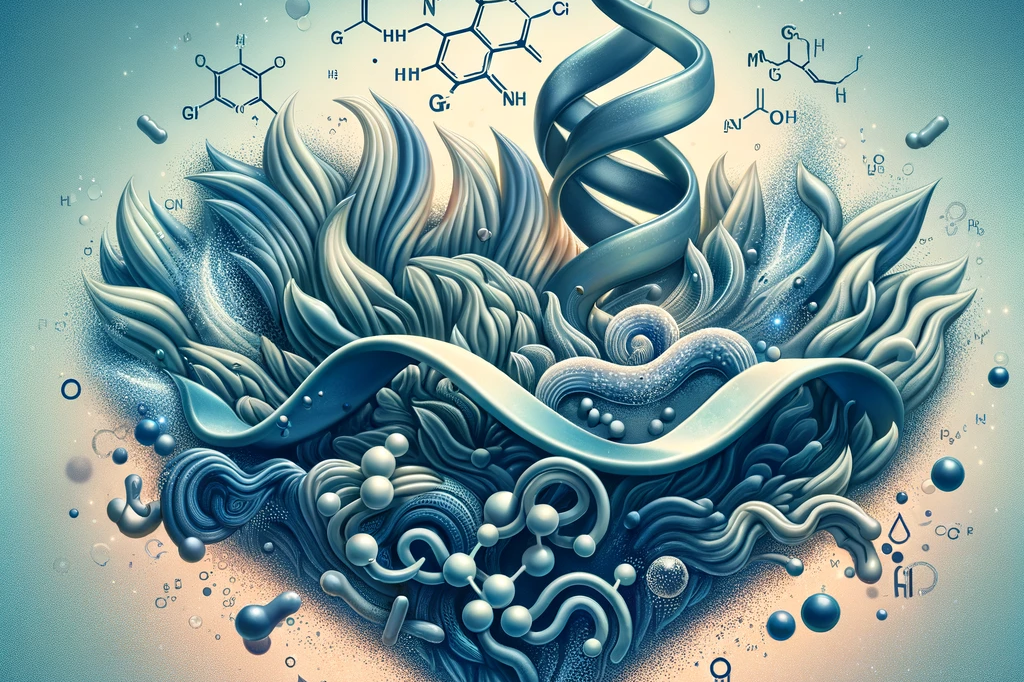Lactase

What is lactase?
Lactase is an enzyme specifically responsible for the digestion of lactose - a sugar found in milk and dairy products. In mammals, including humans and dogs, this enzyme is typically produced in the small intestine. While most puppies produce lactase in sufficient quantities to digest their mother's milk, production of this enzyme decreases in some individuals with age, which can lead to lactose intolerance.
Benefits of lactase in dogs
Facilitates the digestion of milk
For dogs that cannot digest lactose effectively, supplementing lactase can help them process milk and dairy products better. This allows them to benefit from the nutrients in these foods without experiencing digestive discomfort such as bloating, diarrhea or discomfort.
Expanding dietary diversity
With the support of lactase, dogs can enjoy a wider variety of foods. This can be particularly useful when special diets or supplements that are milk-based are required.
Support with nutrient absorption
Dairy products are a good source of calcium, protein and other essential nutrients. By improving lactose digestion with lactase, dogs can absorb these nutrients more effectively, which promotes their overall health and bone strength.
Disadvantages of lactase in dogs
Potential risk of overfeeding
The ability to digest dairy products can cause some dog owners to overfeed their pets, which can lead to weight gain and associated health problems.
Cost outlay
Supplementing a dog's diet with lactase on a regular basis can be costly, especially if it is required over an extended period of time.
Masking underlying problems
The use of lactase can mask the symptoms of lactose intolerance in some dogs without addressing the underlying cause. It is important to consult a veterinarian to ensure that more serious health concerns are not being overlooked.
A balanced approach is key
Lactase can be a valuable tool for certain dogs to augment their diet and aid in the digestion of dairy products. However, as with any supplement or dietary adjustment, caution is advised. It's important to consider your dog's individual needs and health conditions and take a gradual approach when introducing new foods or supplements. With a responsible and informed approach, lactase can be a useful tool in your dog's diet, but it is not a cure-all and should be used with caution.
If you notice any signs of hypersensitivity or poisoning in your dog, you should see your vet immediately. We are not a substitute for a vet, but we try to be as accurate as possible. Every dog reacts differently and we recommend you get a second opinion or consult your vet if in doubt.
Stay healthy and take good care of your four-legged friend!😊
Similar to Lactase
Amylases are enzymes that have a so-called endoenzyme function. This means that they can attack 1-4-glycosidic bonds inside starch molecules. They therefore break down long carbohydrate chains into...
Peptidases, also known as proteases, are enzymes that break down proteins into smaller peptides or amino acids. These enzymes are found everywhere in nature, from microorganisms to higher organisms,...
Lipases are enzymes that play a key role in the digestive process by breaking down fats into smaller molecules such as glycerol and fatty acids. These enzymes are not only present in the digestive...
Cellulase refers to a group of enzymes that can break down cellulose, a major component of plant cell walls. Cellulose is a complex carbohydrate that is difficult for dogs to digest because, unlike...



